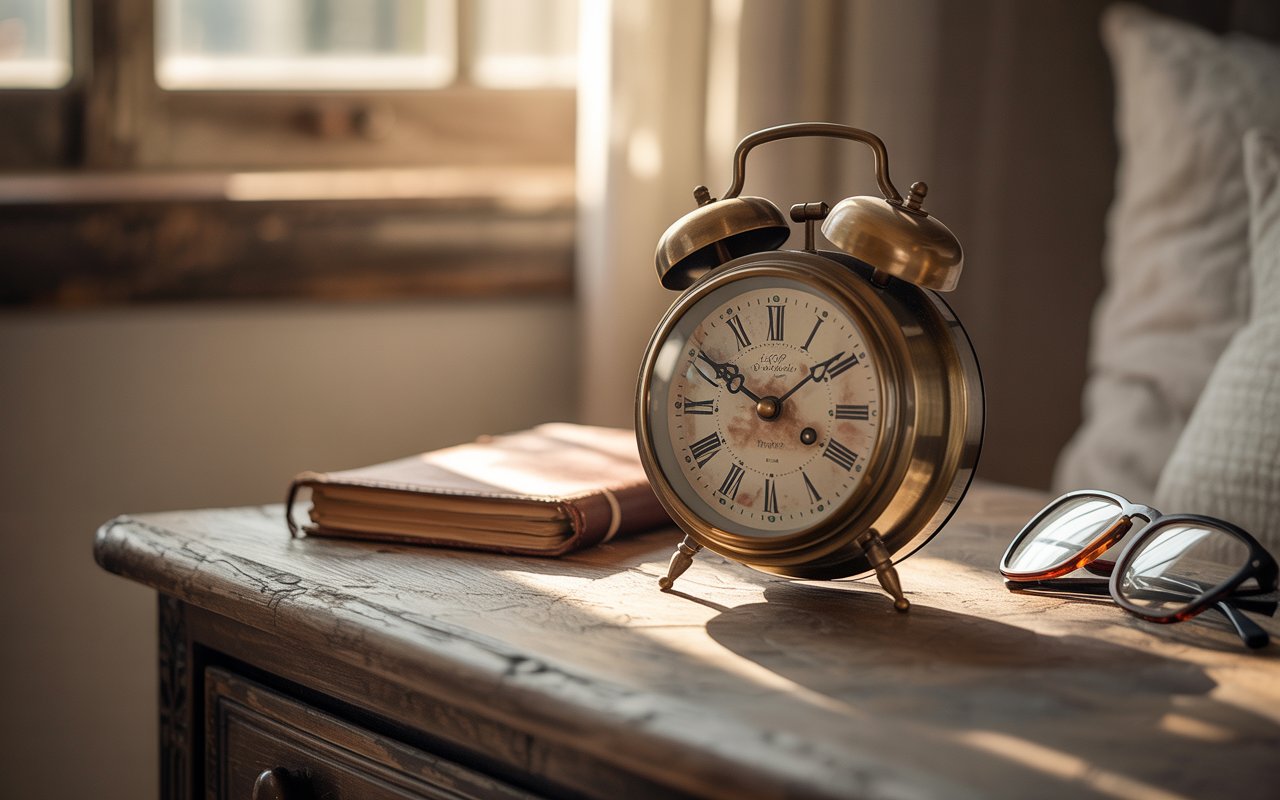"From Snooze to Success: The Revolutionary History of the Alarm Clock"
The Cereal City Buzz
Archives
"From Snooze to Success: The Revolutionary History of the Alarm Clock"
SIGN UP FOR OUR NEWSLETTER
Who Invented the Alarm Clock and How It Changed Mornings Forever |
Tracing the Evolution from Ancient Timekeepers to Modern Innovations |
The quest to measure and manage time has been a fundamental aspect of human civilization, leading to the development of various timekeeping devices throughout history.
Ancient Timekeeping and Early Alarms
In ancient Greece, philosophers like Plato utilized water clocks, known as clepsydras, which could be engineered to produce sounds at predetermined times, serving as rudimentary alarms.
Similarly, in ancient China, candle clocks were employed, where nails embedded in the wax would fall onto a metal plate as the candle burned down, creating a noise to signal specific times.
Medieval Innovations and Monastic Practices
During the medieval period, monks were among the first to require precise timekeeping to adhere to their strict schedules of prayer and work.
They utilized water-driven clocks that rang bells to mark the hours, ensuring the timely observance of their daily rituals.
The term "clock" itself is derived from the Latin word "clocca," meaning "bell," highlighting the integral role of auditory signals in timekeeping.
The Advent of Mechanical Alarm Clocks
The transition to mechanical clocks in the late 13th century brought more accurate and reliable timekeeping devices.
These clocks were initially large and expensive, often found in church bell towers to signal communal events and prayer times.
By the 15th century, personal mechanical clocks with alarm functions began to emerge, though they remained accessible primarily to the wealthy.
Levi Hutchins and the First American Alarm Clock
In 1787, Levi Hutchins, an American clockmaker from Concord, New Hampshire, created one of the earliest known mechanical alarm clocks.
His design was tailored to ring at 4 a.m., his preferred wake-up time, and was not adjustable.
Hutchins did not patent his invention, and it was not intended for mass production.
Antoine Redier and Adjustable Alarm Clocks
The first patent for an adjustable mechanical alarm clock was granted to French inventor Antoine Redier in 1847.
His design allowed users to set the alarm for any desired time, making it more practical for everyday use.
This innovation paved the way for alarm clocks to become household fixtures.
Mass Production and Accessibility
By the late 19th century, companies like the Seth Thomas Clock Company began mass-producing affordable alarm clocks.
In 1876, Seth Thomas patented a wind-up alarm clock that could be set for any time, making it widely accessible to the general public.
These developments transformed the alarm clock from a luxury item into a common household necessity.
Modern Innovations and Smart Alarm Clocks
In recent years, alarm clocks have evolved significantly, incorporating advanced technologies to enhance the waking experience.
Features such as gradual wake-up lights, sleep tracking, and integration with smart home systems have become prevalent.
For instance, sunrise alarm clocks simulate natural light to gently wake users, aligning with the body's circadian rhythms.
Additionally, smart alarm clocks now offer voice control, allowing users to set alarms and adjust settings hands-free.
These innovations reflect a growing emphasis on personalized and health-conscious wake-up experiences.
The journey of the alarm clock from ancient water clocks to today's smart devices illustrates humanity's enduring commitment to mastering time and improving daily routines.
As technology continues to advance, the evolution of alarm clocks is likely to persist, offering even more sophisticated and user-friendly features. |

